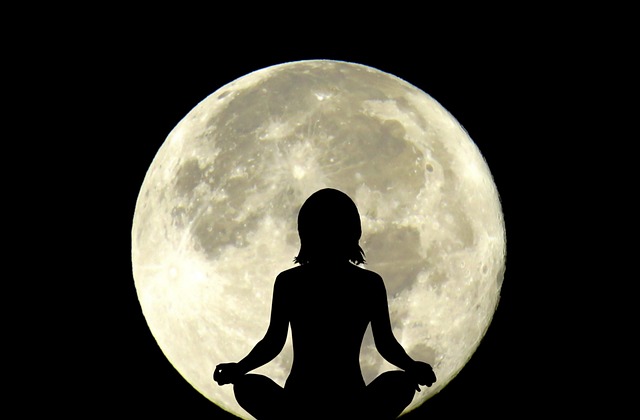The Phenomenology of Mediation: Exploring its Intersection with Science and Modern Philosophy
Mediation, in its essence, represents a bridge—a moment of connection between disparate entities, ideas, or emotional states. As a process that fosters understanding and resolution, mediation resonates deeply within the realms of personal experiences and collective narratives. Its unique role in phenomenology invites us to explore how we perceive these connections, not only in our everyday interactions but also within the broader contexts of science and modern philosophy.
The Art of Mediation in Science
Science, at its heart, is defined by the inquiry and exploration of the unknown. It thrives on the articulation and resolution of conflicting hypotheses, where mediation between varying theories and evidence can lead to revolutionary discoveries. For instance, consider how physicists mediate between conflicting models of quantum mechanics—each approach contributing a piece to the elusive puzzle of reality.
This intersection of mediation and science brings to light the importance of perspective. Just as different scientific paradigms can coexist, so too can our individual experiences shape our understanding of events. Phenomenology teaches us to appreciate our lived experiences, emphasizing that every interpretation is valid and necessary. In scientific discourse, mediation allows for a richer dialogue, encouraging collaboration between divergent viewpoints and fostering innovation.
Mediation in Modern Philosophy
Transitioning to the landscape of modern philosophy, the concept of mediation is pivotal. Philosophers such as Merleau-Ponty and Heidegger have deepened our understanding of human experience, emphasizing the relational aspects of being. Mediation is not merely about resolving conflicts; it is an ongoing process that shapes our existence and understanding of the world.
In this philosophical milieu, mediation invites introspection. It allows us to confront our biases and assumptions, prompting us to embrace a more profound comprehension of ourselves and others. As modern philosophy grapples with issues of identity, ethics, and the nature of reality, the act of mediation becomes paramount. It is through engaging in dialogues—whether internal or external—that we can navigate the complexities of life, making sense of our multifaceted experiences.
The Personal Connection
At an emotional level, the phenomenology of mediation is something we all can relate to. By recognizing the mediative processes in our lives, we learn how to better interact with others, understand our emotions, and appreciate the diverse realities that inform our experiences. Whether it’s diffusing a conflict, comprehending a friend’s perspective, or even reconciling differing scientific paradigms in our understanding, the concept of mediation remains a vital thread that weaves through our everyday lives.
When we engage in mediation, we step into a space that is both vulnerable and transformative. It asks us to embrace ambiguity, a state that modern philosophy urges us to accept. In doing so, we cultivate empathy—one of the most potent tools for bridging divides. As we navigate the world, let us remember that mediation is not merely a technique; it is an art form that requires sensitivity, patience, and above all, an open heart.
As you reflect on your own experiences with mediation, consider how they resonate with the principles found in both science and philosophy. By fostering connections and understanding across various domains of life, we can indeed expand the boundaries of our reality and enrich our collective experience.




